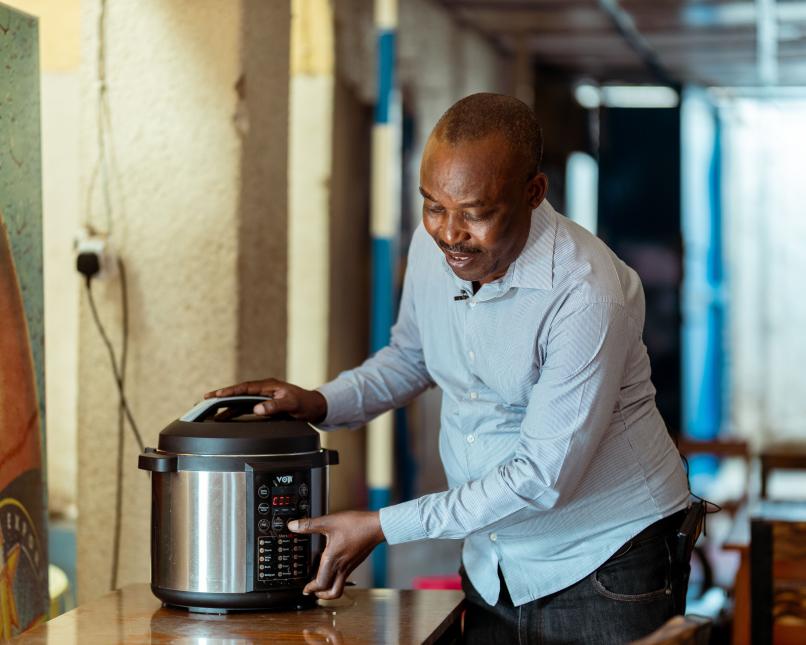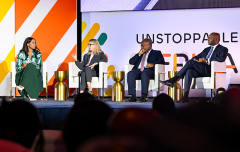Integrating Clean Cooking into National Energy Access Planning
Tools and Considerations for Planning and Implementing eCooking
This report aims to inform energy access planning in low- and middle-income countries, addressing both clean cooking and electricity access. It highlights the role of electric cooking (eCooking) as a key element in this integration. The report reviews relevant tools and methodologies for integrated energy access planning and provides an overview of policy, financial, and knowledge initiatives that create the enabling conditions for implementing such plans and accelerating clean cooking transitions.
Energy planning plays a crucial role in shaping policy, regulatory, investment and management decisions that contribute to both the clean energy transition and the expansion of energy access. A systematic analysis of the energy sector and its various sub-components can not only help set policies or quantitative targets that promote the efficient use of financial and energy resources, but also improve coordination in decentralized, multi-actor, market-based systems by fostering a shared vision and common understanding of the key issues and trade-offs involved in achieving policy objectives.
Tools for action
Energy planning tools and models can help define implementation strategies and feed information into the design of specific support mechanisms, policy or projects that are relevant for the implementation and operationalization of energy plans. This report presents valuable insights on strategies and mechanisms that enable the operationalization and implementation of integrated energy plans, focusing particularly on those that can help accelerate progress on transitioning towards eCooking.
This report has been co-funded by UK Aid from the UK government; however, the views expressed do not necessarily reflect the UK government’s official policies. Modern Energy Cooking Services (MECS) is an eight-year research programme funded by UK Aid (FCDO) which is a partnership between Loughborough University and Energy Sector Management Assistance Program (ESMAP).
This report has also received co-funding by the OPEC Fund for International Development under the Climate, Finance, and Energy Innovation Hub, and the Global Alliance for People and Planet (GEAPP), which supports the Centre of Excellence on Integrated Energy Access Planning. Their support was instrumental in facilitating this research to advance global and country-led efforts towards universal access to clean cooking.





